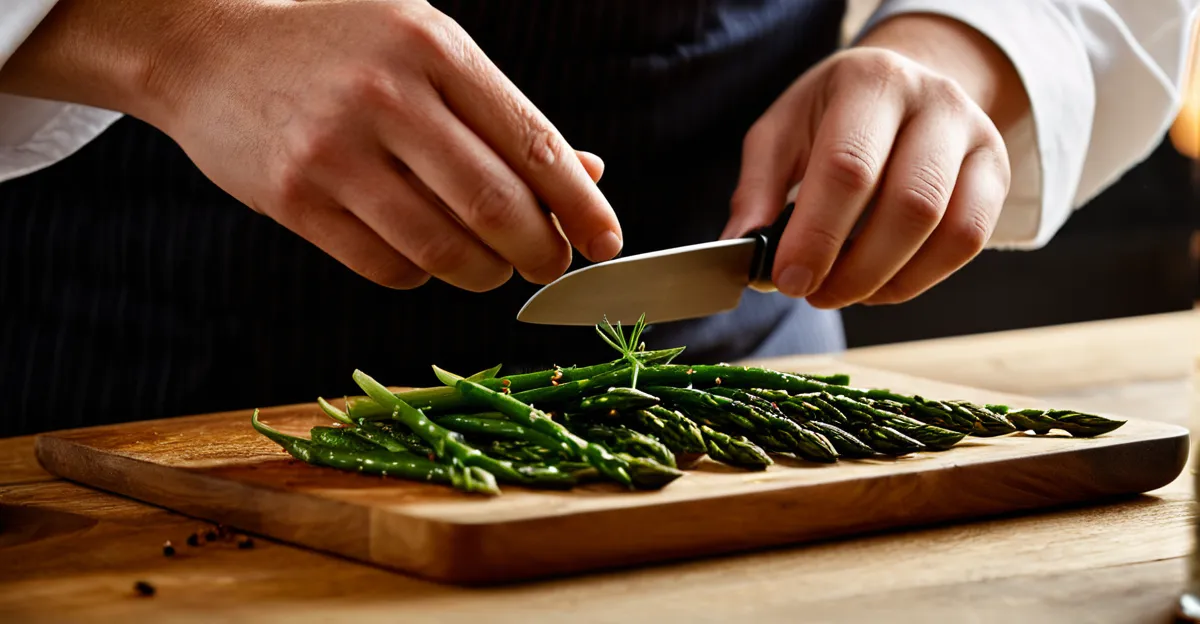Contemporary Approaches to Classic UK Dishes
Blending heritage with global influences is at the heart of modern British cuisine. Chefs today are focused on updating traditional recipes by incorporating international spices and cooking techniques, enriching familiar flavours without losing the essence of beloved classics. Reinventing classics often involves creative ingredient swaps and presentation styles that appeal to contemporary palates.
Popular examples of modernized UK recipes include elevated versions of fish and chips using artisanal batters, or shepherd’s pie made with alternative proteins like lentils to cater to plant-based diets. Updating traditional recipes also means addressing dietary trends—reducing salt and fat, increasing vegetable content, and offering gluten-free or vegan options. These adjustments ensure classic dishes remain relevant and accessible.
Also to see : How can you prepare a traditional Welsh rarebit with a modern twist?
This contemporary approach does not discard the past but carefully reinterprets it. By respecting core elements while allowing flexibility, modern British cuisine invites both nostalgia and innovation. The goal is to preserve the cultural significance of dishes while embracing evolving taste preferences, making traditional UK meals both familiar and exciting for today’s diners.
Innovative Cooking Techniques in British Cuisine
Modern cooking methods are reshaping British cuisine by enhancing texture, flavour, and nutritional value. Techniques such as sous-vide, which involves slow-cooking vacuum-sealed food in temperature-controlled water, preserve moisture and intensify natural tastes without added fat. This method offers a precise way to cook proteins often found in traditional UK dishes, ensuring tenderness and juiciness.
Also read : What are the best techniques for crafting a savory pork pie?
Air frying is another popular innovation, enabling chefs to replicate the crunch of fried classics like fish and chips with significantly less oil, aligning with healthy adaptations. By reducing fats and sugars, traditional recipes become accessible to health-conscious diners without compromising on flavour.
Fermentation and preservation techniques are also gaining attention, introducing new dimensions to British dishes. Fermented vegetables and condiments add complexity and beneficial probiotics, driving culinary innovation while respecting heritage. For those updating traditional recipes, these methods provide exciting tools to reinvent classics while maintaining authenticity.
Together, these advances allow chefs to tailor dishes for modern palates and dietary trends, proving that culinary evolution in the UK balances innovation with tradition through thoughtful application of contemporary cooking methods.
Chef and Expert Perspectives on Modernizing British Food
Insights from chefs and experts reveal key drivers behind the evolution of British cuisine. Leading culinary voices emphasize that balancing authenticity and creativity is essential when updating classic dishes. Authenticity preserves the core identity of a dish, while creative techniques and ingredients keep it dynamic and relevant in a rapidly changing food culture.
Notable chefs spearheading this movement often prioritize locally sourced produce, aligning with sustainability trends and supporting regional food culture. Their expert opinions highlight the value of respecting culinary heritage while embracing innovation, such as incorporating global influences and plant-based alternatives into traditional menus.
Case studies of successful restaurant adaptations demonstrate how reinterpreted British dishes can capture both nostalgic appeal and contemporary tastes. These examples often showcase dishes transformed through ingredient swaps, healthier cooking methods, or inventive presentation without sacrificing the original recipe’s essence.
Ultimately, chef insights and expert opinions converge on the idea that evolving culinary trends in the UK require flexibility. This mindset encourages chefs to thoughtfully innovate, ensuring British food remains vibrant, relevant, and aligned with diners’ expectations in a modern gastronomic landscape.
Recipe Adaptations: Classic to Contemporary
Transforming British recipes to suit modern tastes often means embracing healthier and more sustainable ingredient swaps without losing the dish’s familiar comfort. For example, replacing lamb in shepherd’s pie with lentils creates a plant-based version that retains the hearty texture and flavour while appealing to vegans and vegetarians. Similarly, utilizing wholegrain or gluten-free flours in batters for fish and chips addresses dietary restrictions and improves nutritional value.
When updating classic recipes, precise changes matter. Reducing salt while adding herbs and spices can maintain flavour without compromising health. Incorporating seasonal vegetables not only boosts flavour and colour but also aligns with sustainable eating practices. A step-by-step update might look like this: start by selecting local, fresher ingredients; substitute animal fats with healthier oils; adjust cooking times and temperatures to suit new ingredients; and finish with modern presentation techniques.
These adaptations demonstrate how healthy version UK dishes can celebrate tradition while embracing innovation. They invite home cooks and chefs alike to rethink classic plates thoughtfully, proving that contemporary recipe ideas can honor heritage yet respond to today’s dietary and ethical demands. This approach keeps British cuisine vibrant and accessible to diverse palates.
Navigating Tradition and Innovation in UK Cooking
Balancing culinary heritage with evolving tastes is essential for sustaining the rich food culture UK is known for. Understanding the cultural context behind classic dishes helps chefs and home cooks respect the origins while introducing changes that resonate with contemporary diners. This approach acknowledges that recipes carry not only flavours but stories and communal identity.
Community attitudes towards culinary change vary; some embrace creativity and global influences, while others seek to preserve traditional methods and flavours. This dynamic tension drives the continuous evolution of British cuisine, where evolving traditions are influenced by both nostalgia and innovation.
Preserving community ties to food heritage involves mindful adaptation, allowing innovation without erasing the original dish’s essence. For instance, maintaining core ingredients or cooking styles while integrating healthier or more sustainable practices fosters acceptance. This balance supports a living food culture UK can proudly carry forward.
Looking ahead, British food heritage’s future relies on openness to reinterpretation grounded in respect. The evolving traditions of UK cuisine will thrive by combining historical awareness with inventive spirit, ensuring that classic dishes remain meaningful and inspiring to new generations.

